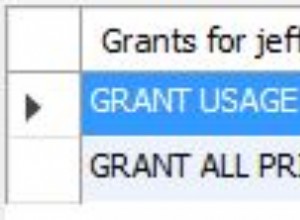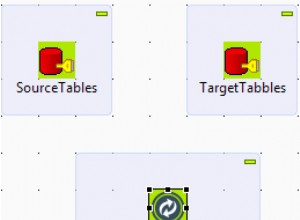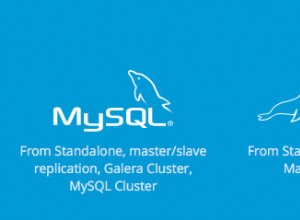Jak powiedzieli już inni komentatorzy, nie ma sposobu na uniknięcie takiego błędu aż do Oracle 12.2 (gdzie List_agg ma nową opcję "ON OVERFLOW TRUNCATE").
W poprzednich wersjach Oracle, jeśli połączysz ciągi dłuższe niż 4000 bajtów, otrzymasz ten błąd. NIE masz możliwości, aby temu zapobiec.
Jeśli nadal musisz to zrobić w poprzednich wersjach, musisz napisać własną funkcję do tego i odpowiednio zmodyfikować zapytanie:
Ta niestandardowa funkcja może rozwiązać Twój problem
create or replace type TAB_STRINGS is table of varchar2(4000)
/
create or replace function My_list_agg(strings in TAB_STRINGS,
separator in varchar2,
max_len integer) return varchar2 deterministic is
result varchar2(32000);
tmp varchar2(32000);
begin
result := null;
if strings is not null then
for idx in strings.first .. strings. last loop
tmp := strings(idx);
if tmp is not null then
if result is null then
exit when length(tmp) > max_len;
result := tmp;
else
exit when(length(result) + length(separator) + length(tmp)) > max_len;
result := result || separator || tmp;
end if;
end if;
end loop;
end if;
return result;
end;
/
musisz użyć operatora CAST/COLLECT, aby go użyć.
To jest przykład użycia:
select table_name,
My_list_agg(
-- first argument: array of strings to be concatenated
cast ( collect (column_name order by column_name) as TAB_STRINGS),
-- second (optional) argument: the separator
',',
-- third argument (optional): the maximum length of the string to be returned
1000
) as column_list
from user_tab_columns t
group by table_name
order by table_name




